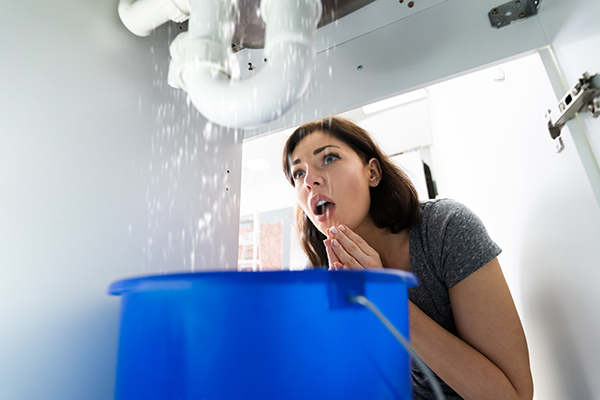
Emergency property issues aren’t good for tenants or landlords, and the best way to safeguard against these potential nightmares is to take preventative measures before they arise. Then you can sleep soundly at night in the knowledge that you have done everything you can to drastically decrease the odds of a costly, dangerous, or life-threatening emergency.
Carry out these safety checks regularly
Gas: A Gas Safety Certificate is a legal annual requirement. It's perhaps the most obvious and well-known of all home safety certificates, but it's less known that it applies to all gas appliances, not just your gas boiler.
Electrical: All fixed electrical appliances need to be inspected and tested every five years by a qualified electrician.
Don’t forget the fuse box: If you are letting your property, you might find that the existing fuse box is obsolete and does not meet current safety standards, so it's best to check this with a qualified electrician.
Smoke alarms: It's not expensive, and it's a legal requirement that there's one installed on every floor. The potential damage caused without them can be catastrophic, cause death, and if fitted and not correctly maintained, can affect insurance coverage.
Plumbing
Drains: Blocked drains cause flooding, which in some cases leads to costly repairs and uninhabitable homes. Prevention is simple – all you need is a bottle of drain cleaner, which you can buy from any supermarket.
Pipes: Insulating pipes is another inexpensive way to prevent a potentially hugely costly disaster. In winter, pipes contract in the cold and then heat up once in use. This repeated process can cause them to crack, leading to an even bigger leakage of money!
Regular inspections
It’s always a wise move to have a clause in your tenancy agreement that, with written permission requested, you can inspect your rental property within 24 to 48 hours. You can’t legally enter the property without the permission of the tenant, and this allows you to regularly check the state of your property should you feel the need to do so.
Landlord insurance
Differing greatly from conventional house insurance, a private residence policy will not cover you if you let your property. A good landlord insurance policy is worth every penny in the face of devastating risk; it covers damage, loss of rent, and legal expenses, plus almost anything else you feel could be a risk. A good conversation with a reputable insurance company is time well spent in order to find the right level of cover to protect your investment property.
Make it happen
Taking these measures now will keep your rental property safe and keep you informed of any maintenance or repair issues that may be on the horizon before they become major issues, so in terms of investment, they are no brainers! The good news is that all of this can be carried out by professionals, from insurance brokers, gas engineers to electricians. Getting in touch now with the right people won’t take long and could save you a lot of money!
Need help finding the right tenants for your property? Contact us today.
